

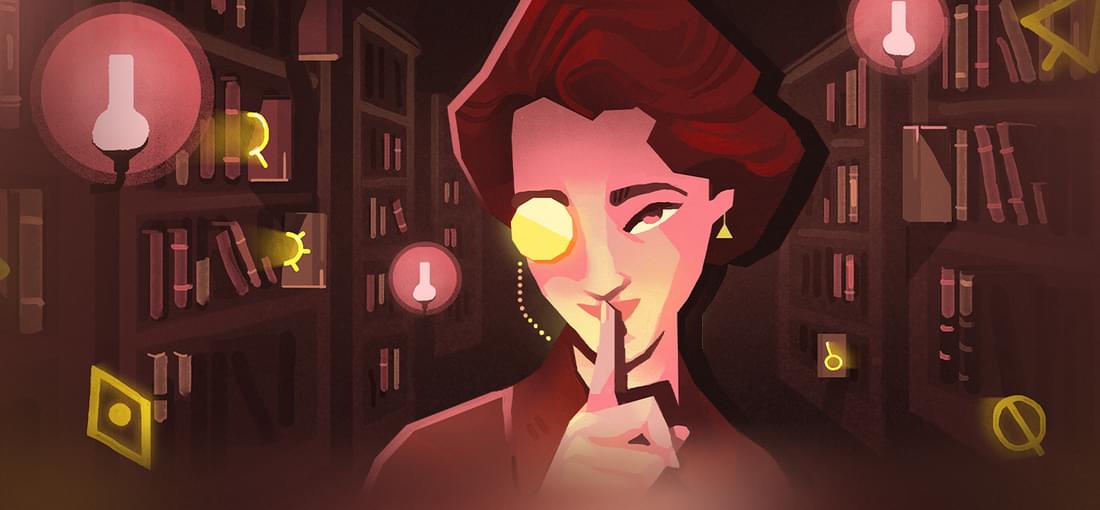
TL;DR - the title. Feedback below, dear devs, based on 200h: 1. I like the writing. Although the Cultist had darker tones of texts, which I was enjoying more. 1. Red herrings are a bit much - I recall that a hen's egg evolved under Transformations & Transfigurations and a significant Moon aspect. That was a lie. 1. I didn't figure a lot of formulas - for moth, some 15-level stuff. 1. Cooking was a particularly difficult thing. So many books, not a single cookbook! 1. Languages acquisition is a bit random. All I can do is sit around and wait patiently. 1. ...unless you are lucky and find a random numa ink laying around in a cache, and figure it out from there. Paradoxically numian visitors are much more regular and reliable. 1. The key could be a knock-aspected tool methinks. 1. I think that I have missed some numina. I did find the one hidden underground because a key was a possible ingredient. 1. It seems that some aspects are better than others. Like, at the end I had a half of a bookshelf of moon books, each with a different moon-related memory. 6 memories like that. For edge it was a half of that. 1. Hints for 10-aspect recipes are a lifesaver. 1.Mazanine fife and numapears are a gamechanger. 1. Finding 15-aspect recipes seems impossible sometimes. If the hint is a single line in a book or two, hidden among red herrings... welp. I am helpless. I needed more and clearer ones, I guess. 1. I have used so much wormwood dreams. 1. The priest is the best nectar-and-forge-aspected help. Weirdly better than an orchardkeeper or the smith. 1. I did not piece together what has happened, only some glimpses of the lore. I don't mind, I felt the vibe and it was enough. But if that's a result of ~200hours, then the writing could be a bit too obscure. 1. I wanted more from the books, I think. The description + 2 lines seemed fine, bu... honestly? I would pay 15 bucks for book illustrations DLC.
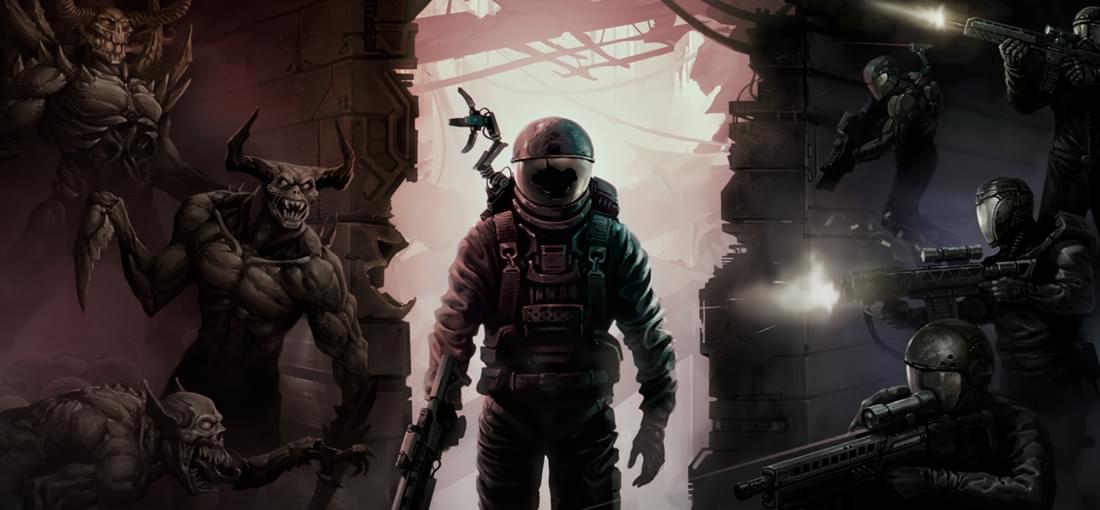
Played it a couple of times and got filtered. A very unforgiving game. If you like roguelikes, it might be for you. For me it was a few gruesome gimmicks (cannibalism, body damage, infections - the game is definitely good at portraying a world that has abandoned humane values), a very interesting universe, and combat that - in my subjective experience - piles a lot of encounters of low lethality atop a final dungeon encounter that's very dangerous. If you can beat that, you will feel like a king. I couldn't, so I feel like crap. I paid to be proven incompetent.
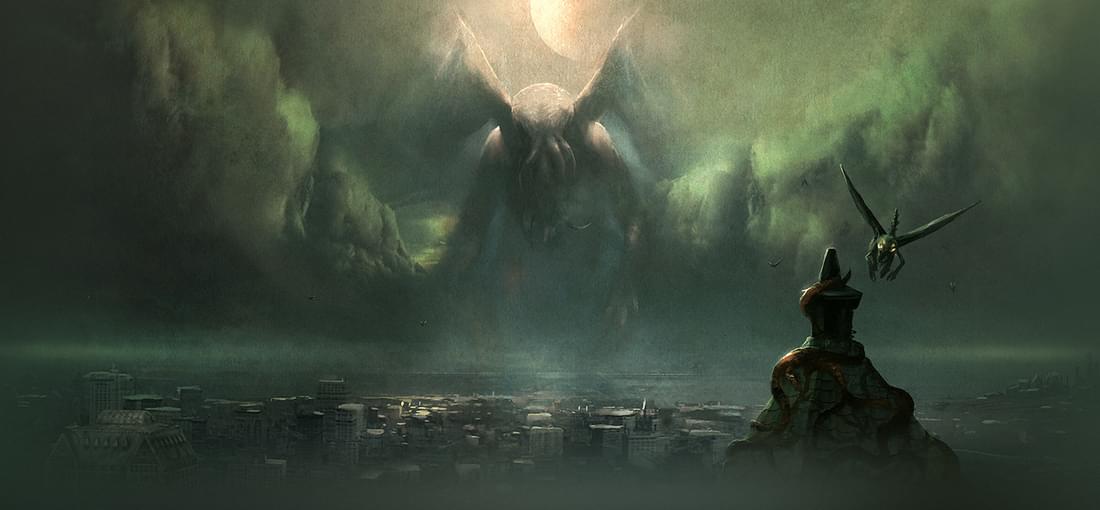
The game looks ugly, and plays a bit clunky, overall it's pretty much a Fallout in a lovecraftian setting. A bunch of character skills that you can use during gameplay (talk your way into and out of situations, pick locks, science/occult stuff away etc.), abilites set once at the beginning of the game, perks, hex-based combat, various approaches to solve a problem. And it works. Despite its shortcomings the game has that Fallut vibe. There would be 5 stars but damn that Colour from Outer Space bossfight needs a bit of patching up. Infinite enemies shoehorn the player into a single tactic which goes against the spirit of the game that allows you to solve problems from various angles.
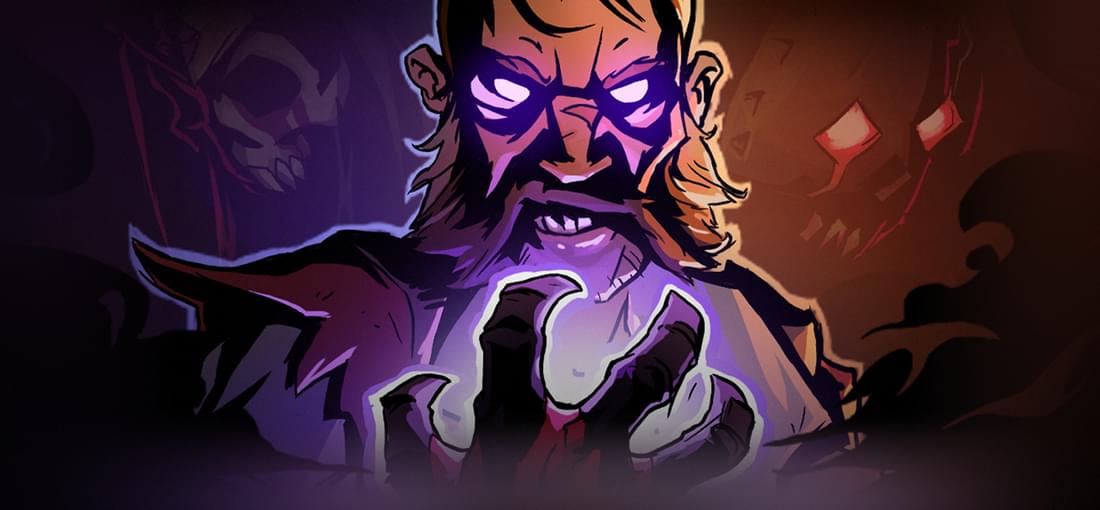
The game has all aspects of a great roguelite: + Combat is fun - it rewards your experience with the game, different weapons facilitate different combat styles, gear is not only diverse and can synergize into neat builds. + Roguelite - there is meta progress in the game, where each run makes subsequent runs easier. + Visually the game is pleasant to look at, sound does the job well of conveying the message about what is happening. + Cracked walls hiding secret passages, traps and other stuff you would expect. + Curse corruption mechanic is a good addition, where it changes the game without necessarily making the more curse a bad thing. You have a meter you need to watch, some enemy attacks and advancing in the temple fill it up. Once it does, you get a curse. Each curse has a downside and an upside, e.g. you get more gold but it disappears quickly. However, there are some downsides: - There is little variety to rooms. Play enough and you have seen everything. - The variety of secondary gear (relics) means that I rarely change it once I have them all, unless I get a direct upgrade, which doesn't happen often. Once I specialize in something I do not pick even great relics because they do not synergize with my setup. The inconvenient: the Light/Darkness mechanic: It's simple: in darkness you take 50% more damage and do not see threats such as gas clouds, floor traps and similar traps. It's a singular disadvantage, no upsides or stealth to it. To see those you need a source of light. Luckily for you, you carry a torch. Unluckily, using it means you cannot use your weapons. So you light things up on fire: enemies, environment or braziers. Those, however, burn out and you are again in darkness. So you have to drop what you're doing and get busy lighting up stuff, possibly still surrounded by enemies. It boggles my mind what that mechanic was supposed to bring to the table. Whenever you enter a room full of enemies the 1st thing to do is run to light braziers.
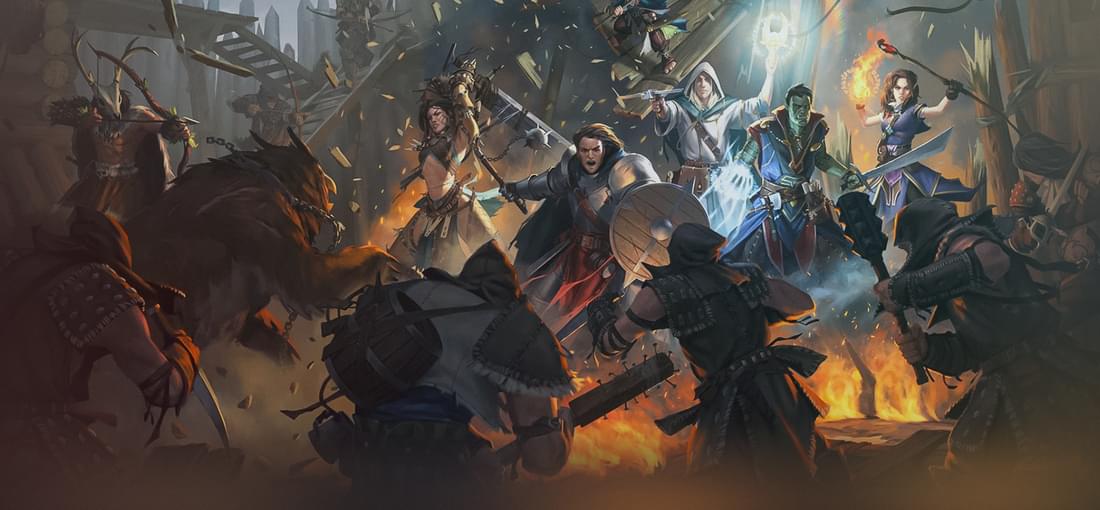
I write this review 2 yyears after the release. I am over 50h into the game. Trying to finish it for the 2nd time and for the 2nd time I cannot do it due to the incompetence of the development team. Patches can and will render your savegames impossible to load, so you are stuck waiting for the next ones to fix them. Bugs will render your characters useless and you will not be able to work around them. The source material is great. Acting, sound, art all are great. But I cannot enjoy them if I suddenly I cannot either interact or command a companion as a result of an unskippable quest. The game is a buggy mess. Maybe Owlcat will learn and make the next one better, but so far bugs keep disappearing in one place only to show up in another. The game could be so much, could be so great if it were actually implemented by a team that knows how to do it.